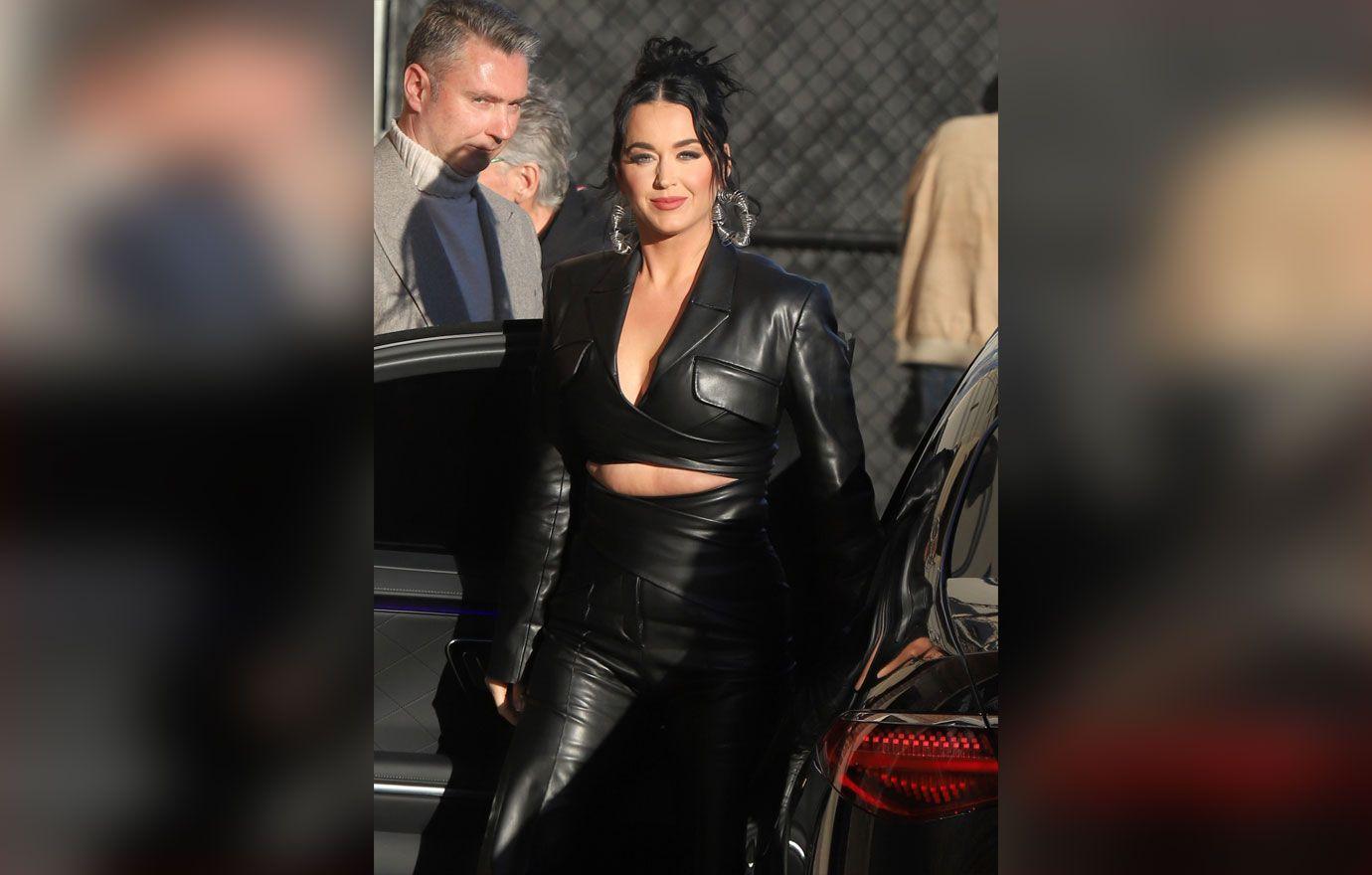

So, in the following example, the mother thought, in the past, 'I hope my son will go to university', and when we talk about this from the present, we use 'would'.
I was hoping to pass the exam, and I would have passed it if I hadn't got sick.Īdvanced point: Sometimes we use 'hope' for 'future in the past'. This use is very compatible with the third conditional. It's common to use 'hope' in the past continuous (which doesn't really change the meaning from the past simple) and in the past perfect (which makes the idea that the hoping is finished stronger) in these kinds of sentences. We use it to tell someone about how we felt in the past. In this case, we use 'hope' in a past tense, because we no longer hope for the event or thing we know it didn't happen. For example, if you have taken an exam and failed and I know you failed. We can use the past tenses and the present perfect in the normal way (if something has an effect on the present, we use the present perfect and so on).Ģ: We can use 'hope' for the past when we do know the result or outcome. We still use 'hope' in the present tense, because it's something that we hope now, but the thing that we're thinking about is in the past. For example, if you have taken an exam, but I don't know if you passed or not. We can also use 'hope' to talk about the past when we think it was possible for the thing to really happen.ġ: We can use 'hope' for the past when something happened and is finished, but we don't know what the result was. (=I hope I can come to the party tomorrow.) When we use 'to + infinitive', the subject is the same as the subject of 'hope'. 
We can use 'to + infinitive' with 'hope' for the future.
I hope you can come to the party tomorrow. We often use 'can' with 'hope' for the future. I hope that she'll come to the party tomorrow. I hope that she comes to the party tomorrow. We can use either the present simple (more common) or the future simple (less common). I hope (that) she's having a wonderful time. I hope (that) it's sunny where you are. We can use the present simple (mostly for stative verbs) or the present continuous. We can also use two short answers: 'I hope so' and 'I hope not'. We usually need to use '(that) + clause' after 'hope' or 'to + infinitive'. On the other hand, we use 'wish' to talk about things that are impossible or unlikely. We use 'hope' to talk about things in the present or future that we think have a good chance of happening. Hopefully in the future pdf#
Hope (Download this explanation in PDF here.)






 0 kommentar(er)
0 kommentar(er)
